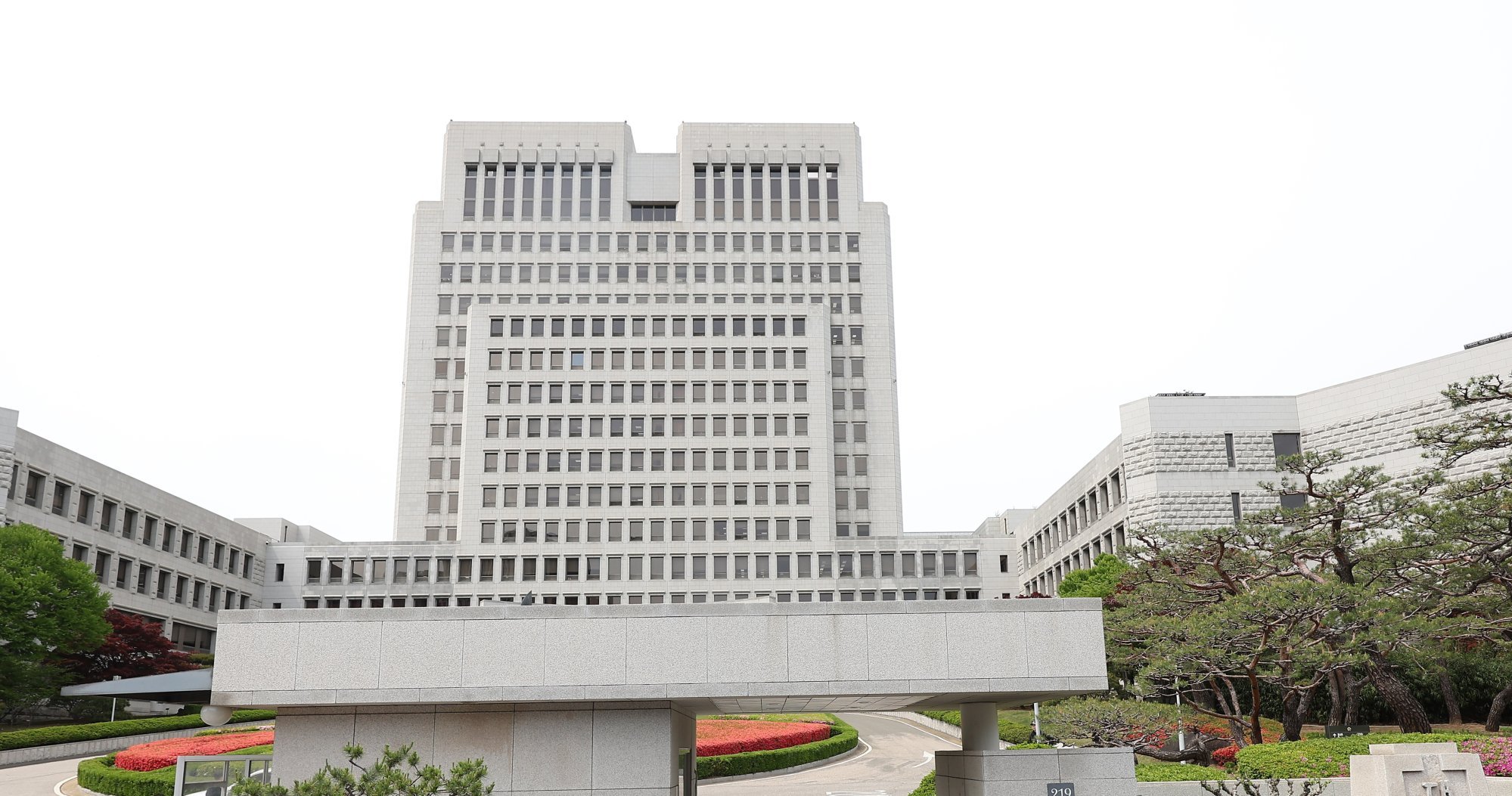Japanese women in South Korean prostitution ring blamed for shaming homeland
Instead of outrage at the traffickers, online anger in Japan has focused on the women involved for damaging national pride

A South Korean court’s decision to uphold the convictions of two people for running a prostitution ring involving dozens of Japanese women has stirred outrage online – but in Japan, much of the anger has been directed at the women for bringing “shame” on their country, rather than at those who exploited them.
On April 25, South Korea’s Supreme Court rejected an appeal by a South Korean man and woman convicted under the Sex Trafficking Punishment Act for “systematically arranging prostitution” by foreign nationals. The ruling finalised prison sentences of two years for one defendant and 20 months for the other, according to local media. Their names have not been made public.
The pair had operated two commercial sex businesses in Seoul and Gyeonggi province between November 2023 and May 2024, recruiting roughly 80 Japanese women, who were advertised on a website named “Girls of the Archipelago”, the court heard. Authorities said the brokers earned some 300 million won (US$212,000) over six months.

While the case garnered much media attention in South Korea, the reaction in Japan has largely centred on the women’s perceived disgrace, rather than their exploitation.
“Whether the women crossed the border of their own volition or were deceived, it is shameful for them as Japanese,” read one comment on the Korea Wave website.
“It is deeply regrettable that they have fallen so far. Crimes committed by foreigners are on the rise in Japan and Japanese women are going overseas to earn money for sex,” continued the comment. “What does the future hold for this nation? The future is not bright.”
Another commentator wrote: “I remember how Japanese laughed at our neighbours for this sort of thing 20 years ago, but I never imagined back then that the very same thing would be happening here now.”
One blunt remark simply declared: “Our country has become a truly pathetic place.”
During the investigation, three Japanese women were arrested in South Korea but were not formally charged. Media reports noted this was the first time that Japanese nationals had been detained in the country for organised prostitution.
Adding fuel to the online backlash was the reported pay scale: South Korean media revealed that the women earned up to 1.55 million won (US$1,060) per client – considerably more than the roughly 100,000 yen (US$680) a sex worker might earn in Japan for an entire day.
Sumie Kawakami, a lecturer at Yamanashi Gakuin University and author of a book on gender issues, said the case reflected shifting socio-economic dynamics in Japan.
“Back in the 1980s, the problem was with Japanese gangsters bringing women in from the Philippines or other parts of Southeast Asia to work in the sex industry here,” Kawakami told This Week in Asia. “There were stories about women having their passports taken away, of being locked up, of being forced into prostitution, and that was appalling.”
Now, the flow of people has reversed, with some Japanese women seeking better financial opportunities abroad – a development that has shocked the public and exposed deeper anxieties about Japan’s decline, according to Kawakami.
“People on social media are lamenting the fact that Japan has a nation has become so economically weak and so shabby in such a short space of time,” she said. “It’s shameful that these women have to do this, but also shameful because the economy here is so weak.”
Kawakami said the women involved were being “doubly marginalised” – first by being forced to seek opportunities abroad due to limited options at home, and then by being vilified in Japan for damaging the country’s reputation.
“It is particularly troubling to me that the reaction on social media has not been to focus on the well-being of these women,” she added, “but to instead talk about them as a comparison of Japan’s economic power against other nations in Asia.”